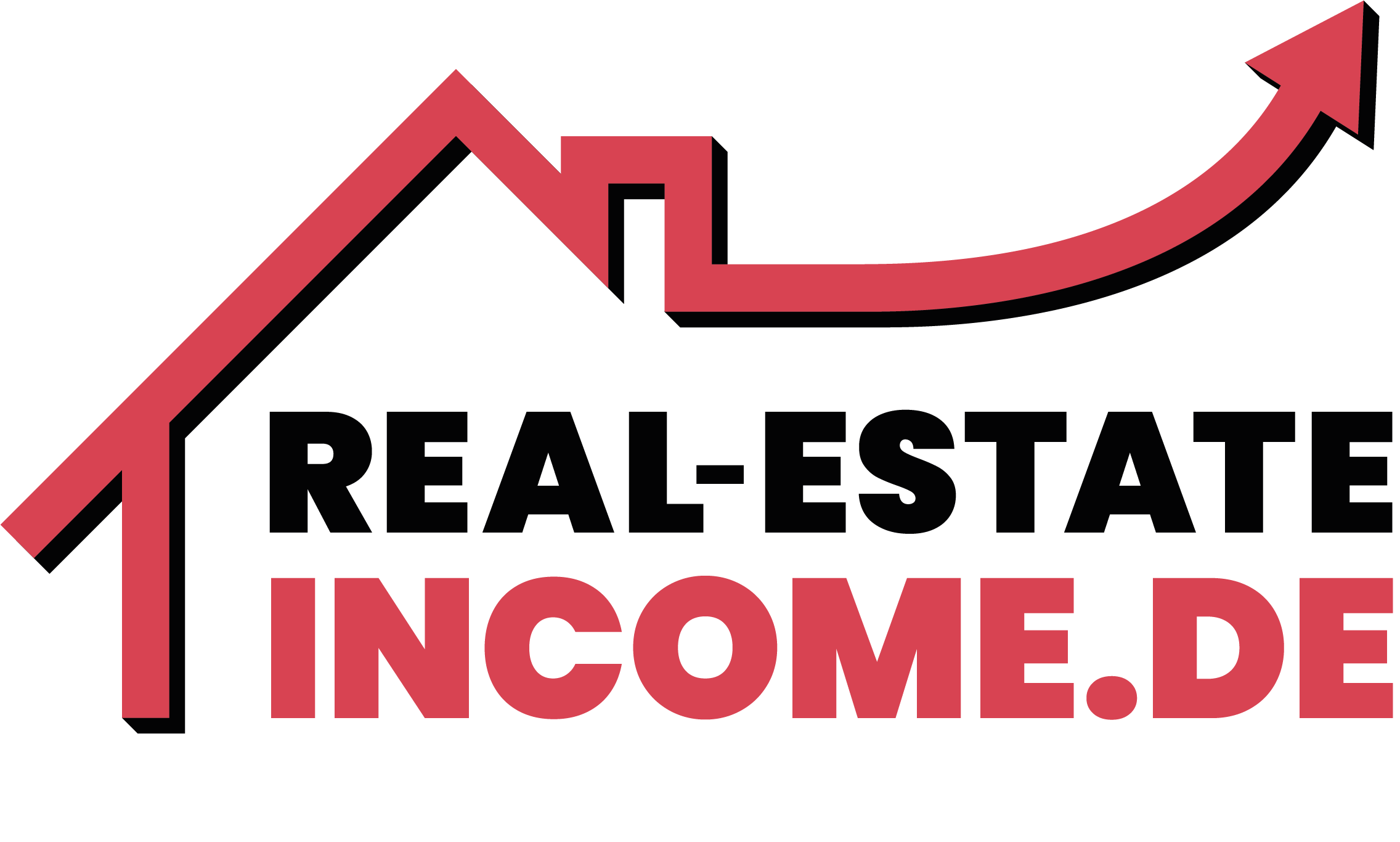Real estate for ¼
Martin's answers to your questions...
Real estate for ¼
What are my total costs over what period of time?
First of all, you should inform yourself comprehensively. Real estate knowledge gives you a head start and ensures that you do everything right from the very beginning. Approximately every 2 weeks we offer you a free and non-binding real estate seminar and thus secure you a lot of valuable know-how. <<Dates and registration HERE<< After this free start, we will enable you to get on the exclusive preferred list for off-market real estate. This is also free of charge for you. If the right property comes along for you and everything fits, you will need your desired equity. This is usually used for incidental purchase costs. Incidental purchase costs are notary and court costs, land transfer tax, land charge costs, and, in the case of a new build, possibly construction period interest and commitment interest and estate agent costs. We recommend buying without estate agent costs. We broker our properties for you without additional estate agent costs, so you save equity and usually get significantly better financing conditions. After the purchase, you will pay the interest and repayments to the bank and the non-recoverable ancillary costs to the management on a monthly basis. These are ongoing repair costs, house and apartment management and the maintenance reserve. When you buy an investment property, the rental income and tax benefits are paid into your account each month on the income side. For employees, the tax benefits are paid monthly, if desired. For the self-employed, quarterly. The bottom line is that you only have a small monthly contribution. Over the years, the rent increases due to inflation, as good management regularly increases the rent and rents. This means that your own contribution becomes smaller and smaller. After a few years, you should have more income than expenses. From this point on, only the tenant and the tax office will repay the loan for you and pay for your property. Pure real estate income. Depending on the repayment amount, the point at which you pay nothing yourself varies. If you want a surplus right from the start, this is of course possible, but usually this means a lower repayment or a higher equity investment. We usually show you properties where you only pay around ¼ yourself over the years. This is what we mean by "real estate for 1/4".
How to pay only ¼ of the total price (by tax office and tenant paying the rest)
Acquiring real estate, but not paying for it yourself, this is the core idea of passive income or real estate income. Imagine you buy an absolute top property. The best of the best. But you do not pay the purchase price yourself, but only about a quarter over the years. Because about three quarters are paid by the tenant and the tax office. In addition, your own expenses are constantly decreasing, because the rents are increasing and after a few years you do not pay anything yourself, but only tenants and tax office pay your property for you. Thus the real estate differs massively from other investments. What is the use of the most successful ETF, for example, if you invest your own money and only this money increases? With real estate you get the money from the bank and can work with the leverage effect or the so-called leverage principle. You can invest a comparatively large amount and get an inflation gain or an increase in value on it and not only on your own money. And the loan from the bank is then paid back for you by the tenant and the tax office. Do you want to know more about how this pays off for you or what to look out for? Then register for one of our regular free and non-binding online real estate seminars and increase your own real estate knowledge.



